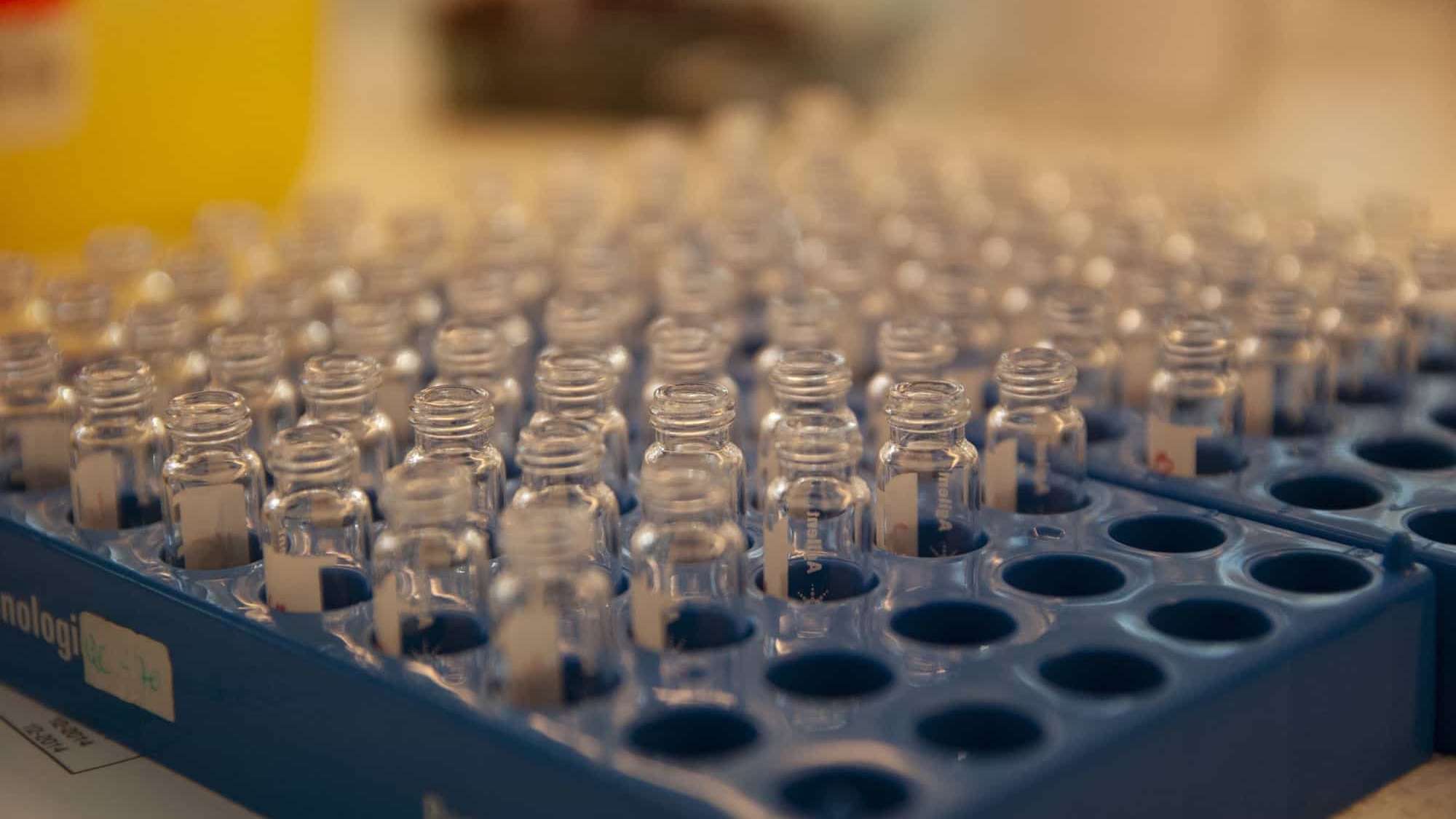Amino acids are characterized by an amino group and a carboxyl group in addition to an optional side chain specific to each amino acid. Proteins consists of up to 22 different amino acids, but there are approximately 500 known amino acids. Amino acids have many other biological functions than being parts of proteins; e. g. neurotransmitters, metabolic intermediates or precursors to other amino acids or larger molecules.
Our GC-MS platform for amino acids is capable of measuring free amino acids, organic acids and di-/tri-peptides with great precision and accuracy in a variety of matrices. We have extensive experience with several different types of biological samples. Our highly sensitive analysis platform enables the use of small sample volumes such as 10 µL whole blood/plasma or by using micro-sampling devices such as dried blood spots (DBS).
Amino Acids


